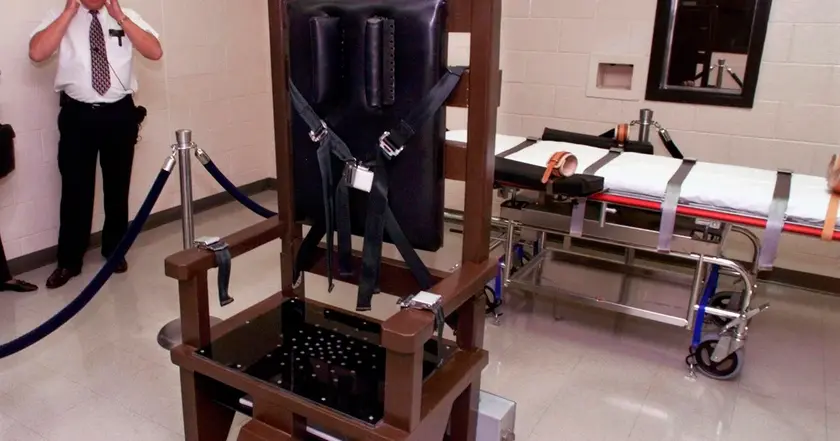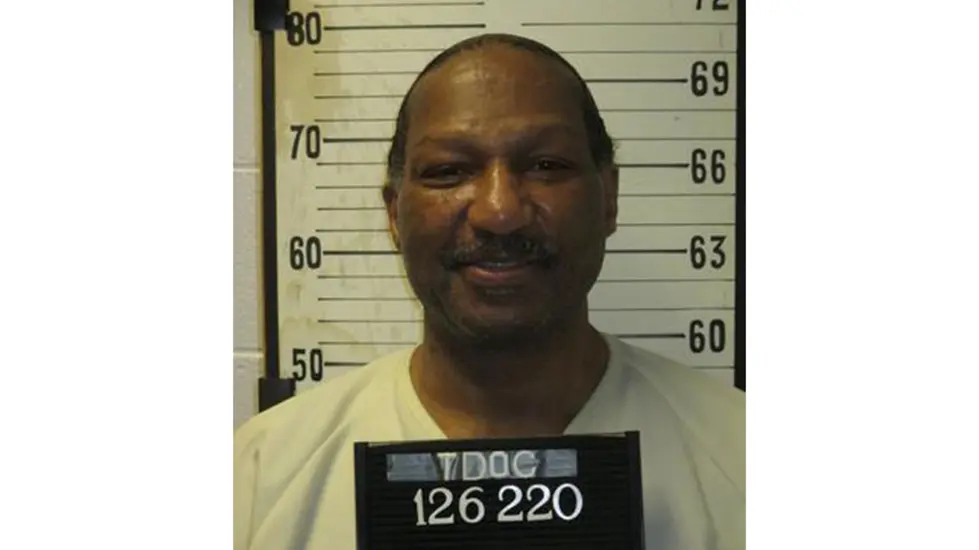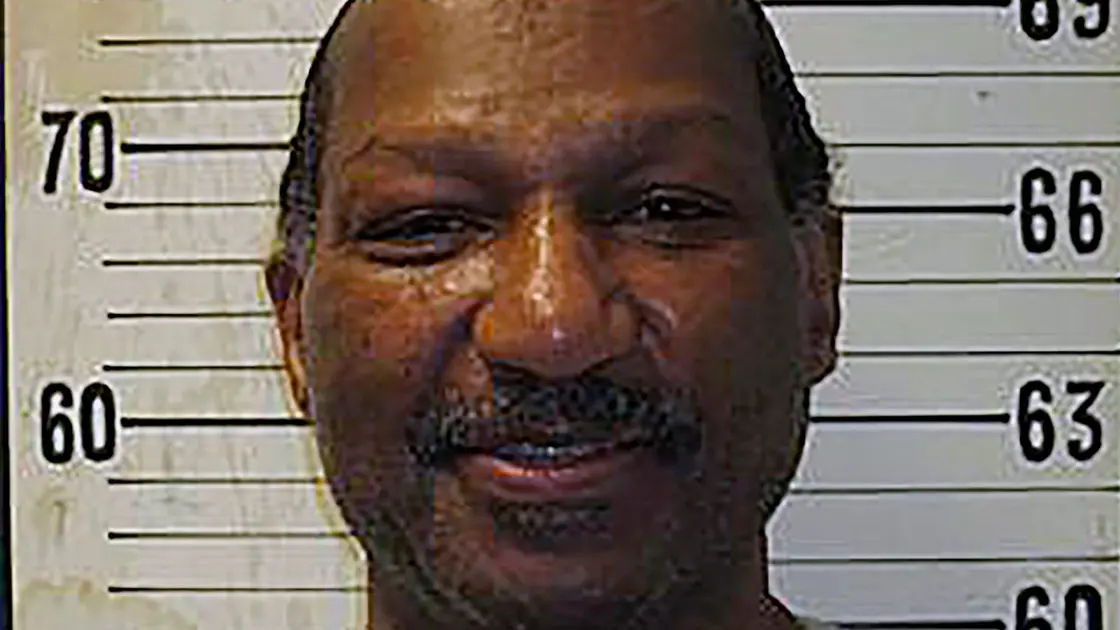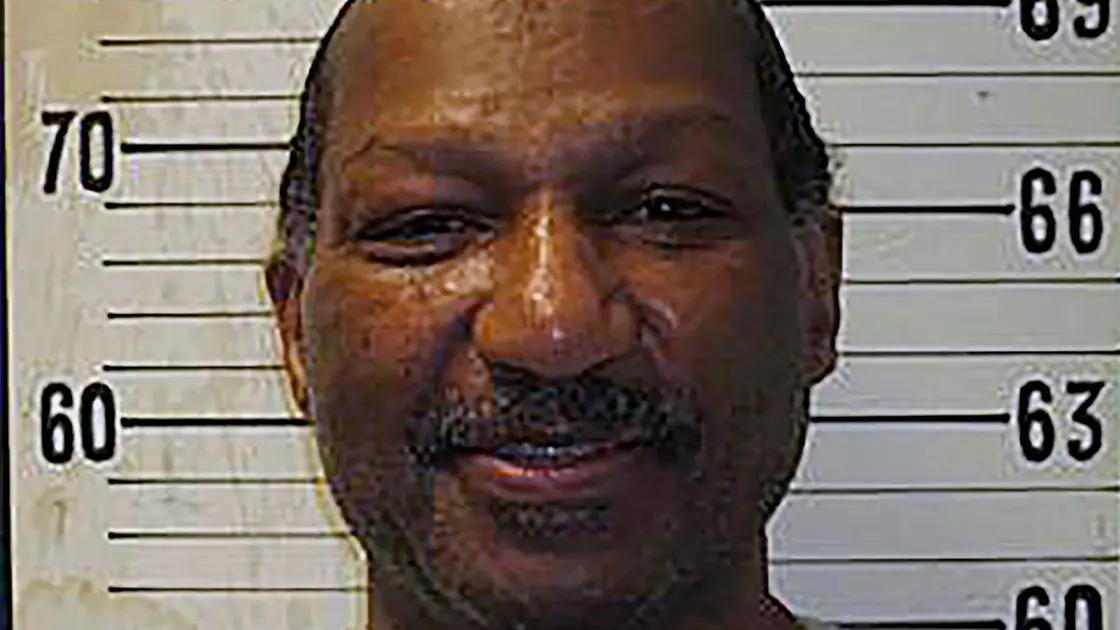T4K3.news
Tennessee executes Byron Black amid health concerns
Byron Black faced execution without deactivating his life-threatening defibrillator, causing distress.

The execution of Byron Black raises serious ethical questions about lethal injections and inmate care.
Tennessee executes Byron Black amid concerns over defibrillator
Byron Black was executed in Tennessee despite having an active implantable defibrillator that was not disabled during the procedure. Witnesses reported that Black expressed significant pain shortly after the lethal injection began. He was 69 and suffering from multiple health issues including dementia and heart failure. The execution lasted about 10 minutes, during which he lifted his head and sighed, indicating distress. Black's legal team had fought to have the defibrillator turned off, arguing that it could shock him during the process, but the state Supreme Court overruled a lower court's decision requiring that preventative action. Relatives of Black's victims were present, some expressing a sense of closure through the execution. Legal experts highlighted the unusual nature of this case, noting that it raises ethical questions about both the execution process and the treatment of vulnerable individuals in the justice system.
Key Takeaways
"Today, the state of Tennessee killed a gentle, kind, fragile, intellectually disabled man."
Kelley Henry, Black's attorney, critiqued the ethical implications of the execution.
"Oh, it’s hurting so bad."
Black expressed distress during the lethal injection process, noted by witnesses.
The execution of Byron Black underscores troubling issues within the U.S. penal system, particularly concerning the treatment of inmates with serious health conditions. The decision not to deactivate Black's defibrillator raises questions about the procedural safeguards meant to protect inmates from unnecessary suffering. Critics emphasize that executions should reflect humane standards, but this incident signals a troubling disregard for medical ethics and the dignity of those on death row. This case could lead to further legal challenges as advocates for both the death penalty and inmate rights reassess the practices surrounding capital punishment in Tennessee and beyond.
Highlights
- Pain should not be part of an execution.
- No one should suffer in their final moments.
- An execution is not a time for suffering.
- The ethics of capital punishment need serious review.
Controversy over execution ethics
The execution of Byron Black without deactivating his defibrillator has sparked debate about humane treatment and ethical standards in capital punishment.
This case may spark further discussions about the ethics of the death penalty and inmate health.
Enjoyed this? Let your friends know!
Related News

Tennessee executes inmate amid health concerns

Tennessee moves forward with controversial execution

Tennessee executes Byron Black despite health risks

Tennessee executes Byron Black despite health concerns

Tennessee prepares for execution of Byron Black with medical concerns

Tennessee inmate executed despite health concerns

Byron Black executed while having working defibrillator

Byron Black to be executed with working defibrillator
